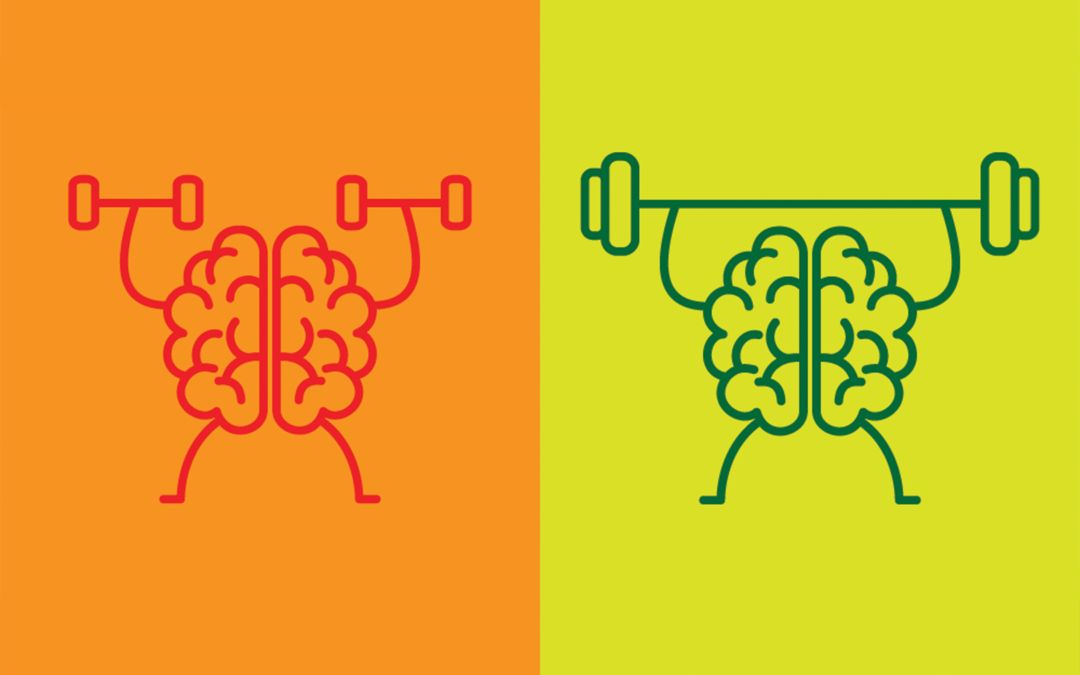How your mind can affect your strength
David R Hamilton shares his experience of how the mind can heal your body ahead of the London Talks @ Night events

Sponsored advertisement:
I’ve written quite a bit about the mind-body connection in my books and in some of my blogs. Among other things, I’ve written about strength improvements through visualisation, rehabilitation following a stroke, and even how to reduce appetite by tricking the mind, so I’m always on the lookout for new pieces of research.
Recently researchers at the Ohio Musculoskeletal and Neurological Institute (OMNI) published a great piece of research that showed how visualisation can slow down the loss of muscle; for example, after a person has had an accident and has limited use. The research is a demonstration of the mind powerfully impacting the body.
In the experiment, 29 people wore a cast from their elbow to their fingers for four weeks. Around half of them (14 people) did a visualisation exercise five days a week during this time and the other half (15 people) didn’t.
The training sessions were as follows: They were asked to mentally contract their wrist, given the instruction, ‘begin imagining that you are pushing in as hard as you can with your left wrist, push, push, push … and stop.’ This would take five seconds and they would then get five seconds rest. They did it four times in a row and that would constitute one round. Each daily session was 13 rounds.
Of course, both groups lost strength in that time, which is to be expected when you’re not doing any exercise at all, but what was amazing was that the group who visualised lost much less strength than the group who didn’t.
The group who didn’t visualise lost 45% strength over the four weeks, but the group who visualised only lost 23%. That’s half as much – a significant difference.
I used to be an athletics coach and have since helped athletes of all kinds. A few years ago, a young sprinter came to me devastated that he was to have a shoulder operation that would put him out of training for three months. So we devised a visualisation plan where he would go to the gym in his mind and run on the track in his mind.
He did about 45 minutes of this a day, five times a week, going to the gym in his mind and running on the track in his mind. He was totally committed to his mental workouts. I remember laughing when he told me he had just surpassed his bench press PB (personal best) in his mind. He said he could feel the great weight and the strain but had imagined pushing the bar up.
The mental effort worked wonders for him. Not only did he defy the odds and was back in training in half the time (six weeks instead of three months), but he had barely lost any leg speed or strength at all. And his improvement from that point was dramatic. Within a few months he had improved so much that he was chosen for the first time ever to represent his country in an international competition.
The mind is far more powerful than most people assume. I love that there is now a great many pieces of credible scientific research in the area.
The key is that imagining something repetitively has a huge impact on the brain. It creates ‘neuroplastic change’, which is where the brain actually moulds around what you’re imagining, effectively not making any distinction between whether you’re doing the thing or imagining doing the thing.
This is great, because if you’re not yet able to do something perfectly, you can certainly imagine yourself doing it perfectly. And to your brain, that’s really the same thing. Your brain then affects how your muscles perform, whether that’s in running, jumping, swinging a golf club or a tennis racket, or even whether it’s speeding up the healing process following injury or disease, which I’ve written a great deal about in my book, How Your Mind Can Heal Your Body (Hay House UK, £10.99).
So never doubt your ability to do something. If you can imagine it, you can do it!
David R Hamilton will be leading the How the Mind Heals Your Body talk for London Talks @ Night on January 12 2017.
Find out more about the event and how to buy tickets here.
David will discuss the mind-body connection and how to harness it for health and wellness. You’ll learn about the placebo effect and how it works. You’ll learn that rather than it being just ‘all in the mind’, belief and expectation actually create real changes in the brain.
You’ll also learn how meditation impacts the brain, heart, and nervous system, how love and compassion can dilate your arteries, how the brain doesn’t distinguish the real from the imaginary and how the things you visualise actually shape the brain.
David will also share real examples of how people around the world have used visualisation techniques to help facilitate their recovery from injury, illness, and disease and share the simple principles involved.
Photograph: iStock









